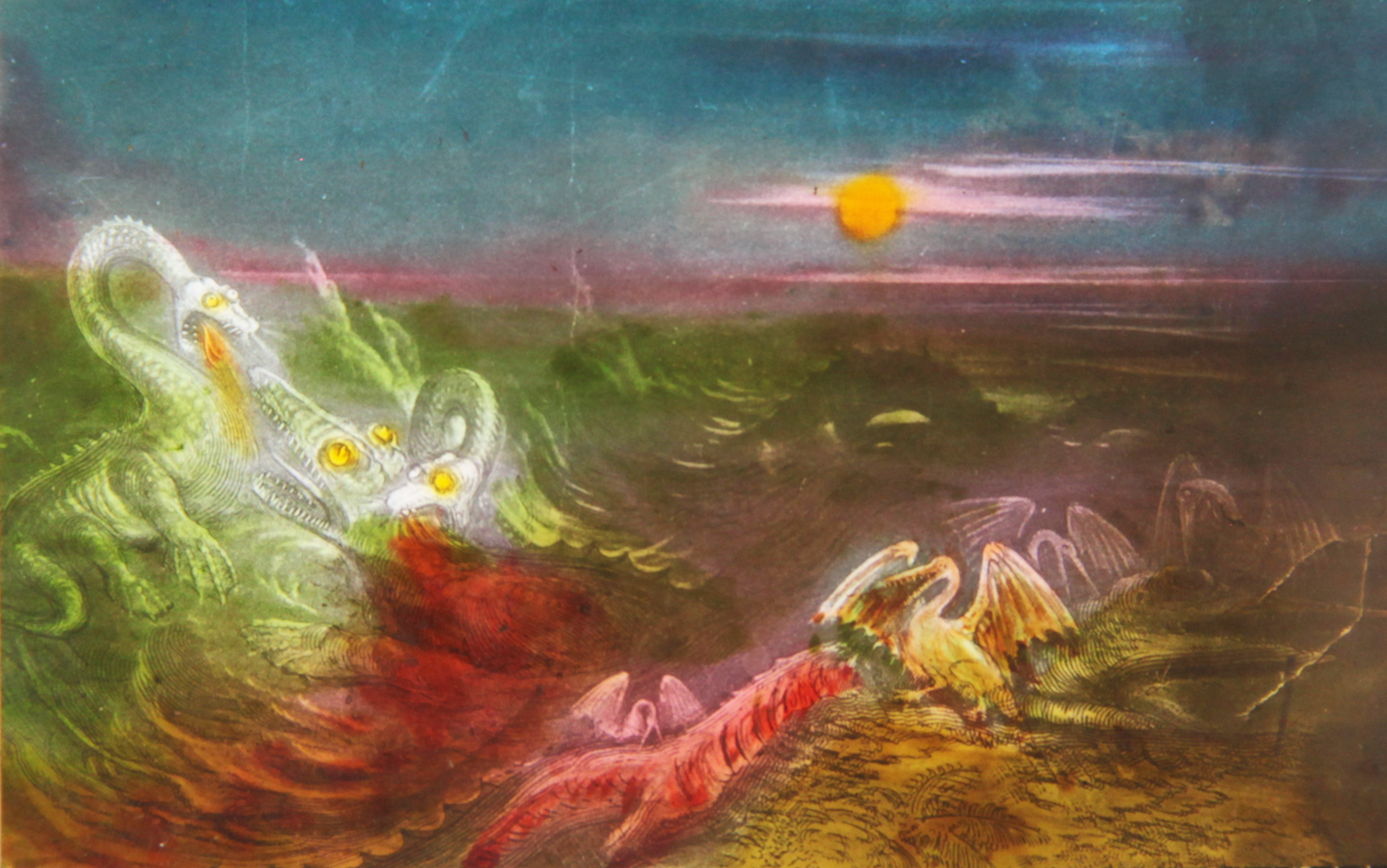Extollager
Well-Known Member
- Joined
- Aug 21, 2010
- Messages
- 9,209
N. S. Lyons, a Substack writer, commented:
In his book The Psychology of Totalitarianism, the Dutch clinical psychologist Mattias Desmet breaks down how generalized anxiety, often produced in part by overly mechanistic thinking, can lead to a (narcissistic) psychological need to exert more and more control over the external world – and ultimately to the delusional need to control all of reality itself. An individual or society’s “flight into [this delusion’s] false security is a logical consequence of the psychological inability to deal with uncertainty and risk.”
For Sauron, the “confusion” and “friction” he could not tolerate was the product of the unpredictability of the free will of other living beings, and so it was all “the creatures of earth, in their minds and wills, that he desired to dominate.” This led him to forge his own technological devices of total control: the rings of power and the “One Ring to rule them all.” His single-minded need for order – “swollen to madness” in its isolation – had cut him off from humanity, and from the Tao.
(By "the Tao," Lyons means natural law or objective morality. Tolkien's friend C. S. Lewis used "the Tao" to refer to it in his little book The Abolition of Man.)
Sometimes people fault Tolkien on account of Sauron, saying Sauron is just a stock character, pure evil, that they find unconvincing. I'm not sure Lyons will budge them, but I think his point is insightful. Sauron as a sufferer from "generalized anxiety" might sound unlikely to some, but they should remember, among other things that he knows that his lord, Morgoth, was cast by the Valar into darkness, and Sauron himself was disembodied at the end of the Second Age as a result of their action. His "Eye" is always peering... an image of being anxious. It could be said that perfect love casts out fear, but perfect fear casts out love. I think of Winston Smith brought face to face with his greatest fear and crying out, "Do it to Julia, don't do it to me." It could be argued that, for all his power and all his effort to increase his power, and for all his ill-founded confidence, Sauron is perfectly afraid.
Thoughts?
In his book The Psychology of Totalitarianism, the Dutch clinical psychologist Mattias Desmet breaks down how generalized anxiety, often produced in part by overly mechanistic thinking, can lead to a (narcissistic) psychological need to exert more and more control over the external world – and ultimately to the delusional need to control all of reality itself. An individual or society’s “flight into [this delusion’s] false security is a logical consequence of the psychological inability to deal with uncertainty and risk.”
For Sauron, the “confusion” and “friction” he could not tolerate was the product of the unpredictability of the free will of other living beings, and so it was all “the creatures of earth, in their minds and wills, that he desired to dominate.” This led him to forge his own technological devices of total control: the rings of power and the “One Ring to rule them all.” His single-minded need for order – “swollen to madness” in its isolation – had cut him off from humanity, and from the Tao.
(By "the Tao," Lyons means natural law or objective morality. Tolkien's friend C. S. Lewis used "the Tao" to refer to it in his little book The Abolition of Man.)
Sometimes people fault Tolkien on account of Sauron, saying Sauron is just a stock character, pure evil, that they find unconvincing. I'm not sure Lyons will budge them, but I think his point is insightful. Sauron as a sufferer from "generalized anxiety" might sound unlikely to some, but they should remember, among other things that he knows that his lord, Morgoth, was cast by the Valar into darkness, and Sauron himself was disembodied at the end of the Second Age as a result of their action. His "Eye" is always peering... an image of being anxious. It could be said that perfect love casts out fear, but perfect fear casts out love. I think of Winston Smith brought face to face with his greatest fear and crying out, "Do it to Julia, don't do it to me." It could be argued that, for all his power and all his effort to increase his power, and for all his ill-founded confidence, Sauron is perfectly afraid.
Thoughts?


